
Clinical trial to validate the use of symptom app to diagnose COVID-19
June 2, 2020

This article has not been updated recently
Clinical trial for COVID Symptom Study app users to validate AI diagnosis of COVID-19 in the first 3 days of reporting new symptoms
King’s College London is commencing a clinical trial to validate the machine learning models built from millions of people’s contribution to the COVID Symptom Study app. This Artificial Intelligence tool is intended to diagnose infection with SARS-CoV-2 (the virus that causes COVID-19) based on self reported symptoms.
Why is this study important?
The purpose of the study is to test the level of accuracy of our prediction models that could be used as a ‘digital test’ to evaluate whether an individual is infected with COVID-19, based on their symptoms reported in the Covid Symptom Study app.
A validated machine learning diagnosis would provide a rapid way of testing millions of people every day without physical tests, and then identifying a much smaller number who should be followed up with traditional tests.
The potential benefit of a digital test is that it is simple to complete, it produces results quickly, and it can be accessed by a large proportion of the population, some of which have limited access to physical testing for COVID-19.
Jonathan Wolf, CEO of ZOE shares: “We are incredibly excited to be helping enable the first digital diagnosis coming out of the COVID Symptom Study. If proven, we think there is huge potential to help ease us out of lockdown without a second wave of infection. With ten thousand new cases per day in the UK, we need this sort of diagnosis at scale if we are to get track and trace to work in the UK”
Professor Tim Spector comments: “We are really excited to be launching this clinical trial at King’s College London. It’s incredibly important for us to validate the algorithm. By doing so we are a step closer to creating a highly accurate tool that will be able to tell people whether or not they have COVID without them needing to wait for a test. People will be able to make decisions about things like self isolation based on this data and means we will be able to slow the spread of the deadly virus.”
Who will be asked to participate?
All adult participants in the UK who are using the COVID Symptom Study and reporting for themselves are being asked if they will participate in this valuable research to try and fight COVID.
What will the study involve?
App users who enter the study and become unwell may be invited to get tested. They will then be asked to continue logging their symptoms through the app, as well as to report their swab test results. These results will then be compared with the predicted values of the AI diagnostic, and against current advice.
The study will have multiple phases, allowing the development of more sophisticated algorithms by the team from ZOE and King’s College London over the coming weeks.
Your contribution matters
Thank you for your continued participation in the COVID Symptom Study. Your continued use of the app is playing a critical role in helping us better understand COVID-19 and beat the virus.
It is thanks to you that our scientists have been able to prove that loss of smell is a major symptom of COVID and show how a combination of over a dozen symptoms can pose different risks to individuals with COVID-19 infection. Your data has also helped our researchers predict COVID hotspots around the country, and help redirect resources in response to these insights. Without you, none of these things would have been possible.
But there is still a long way to go. As lockdown measures in the UK are relaxed, there are more opportunities for new COVID outbreaks. By participating in this clinical study, you will help us get one step closer to creating a highly accurate tool that can predict whether or not a person has COVID without them needing to take a test and wait for the results.




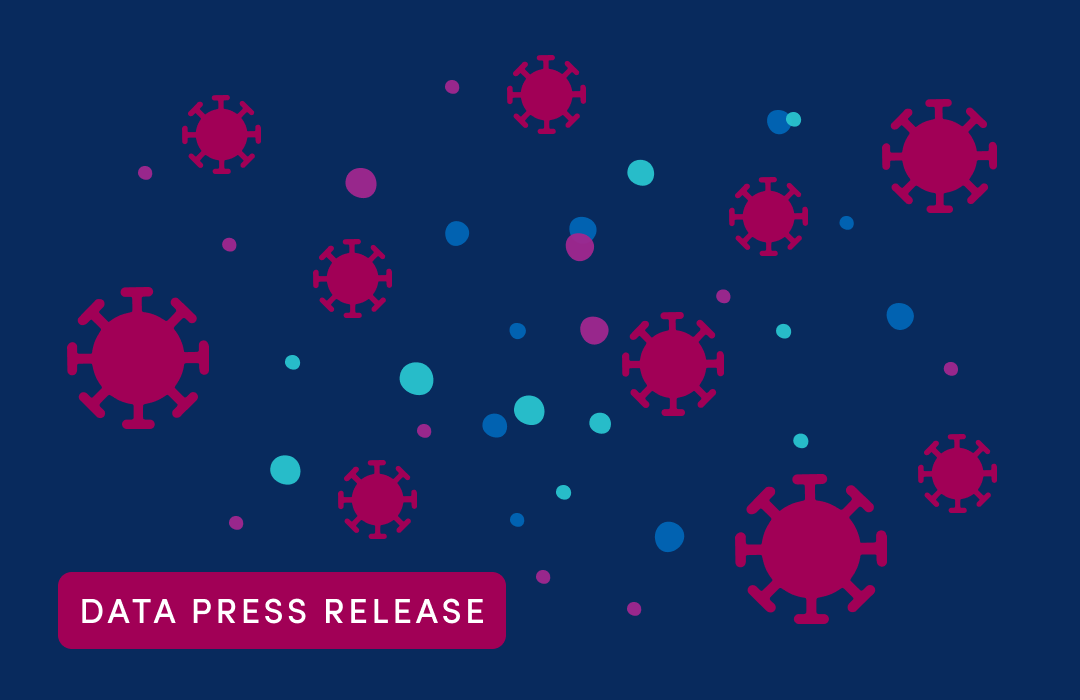







.png)


.jpg)








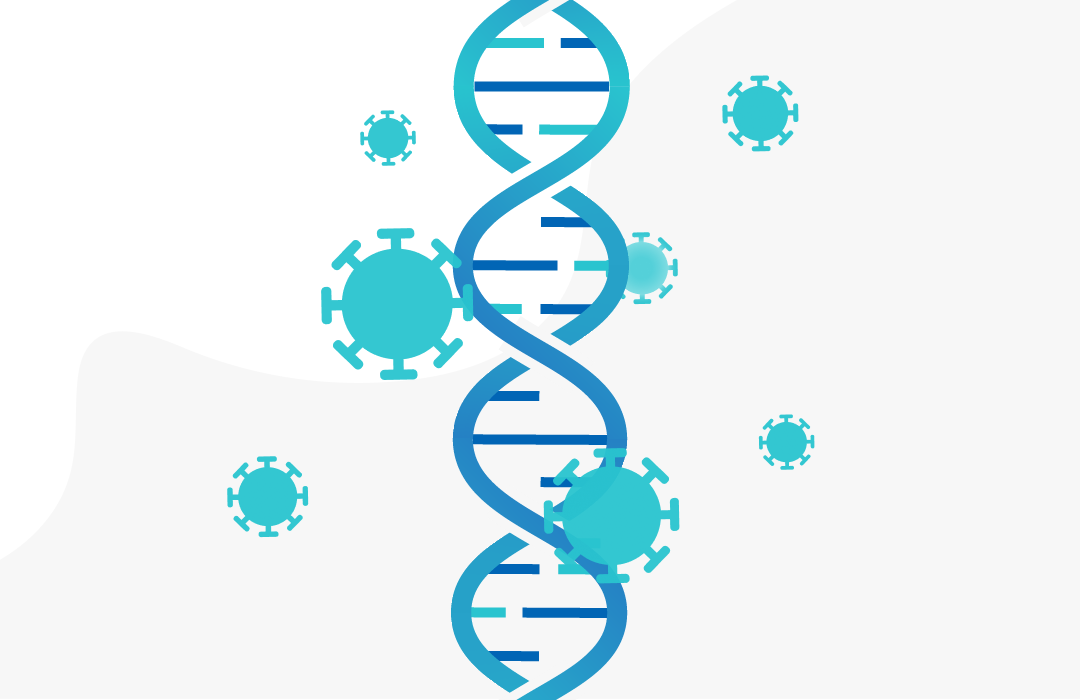
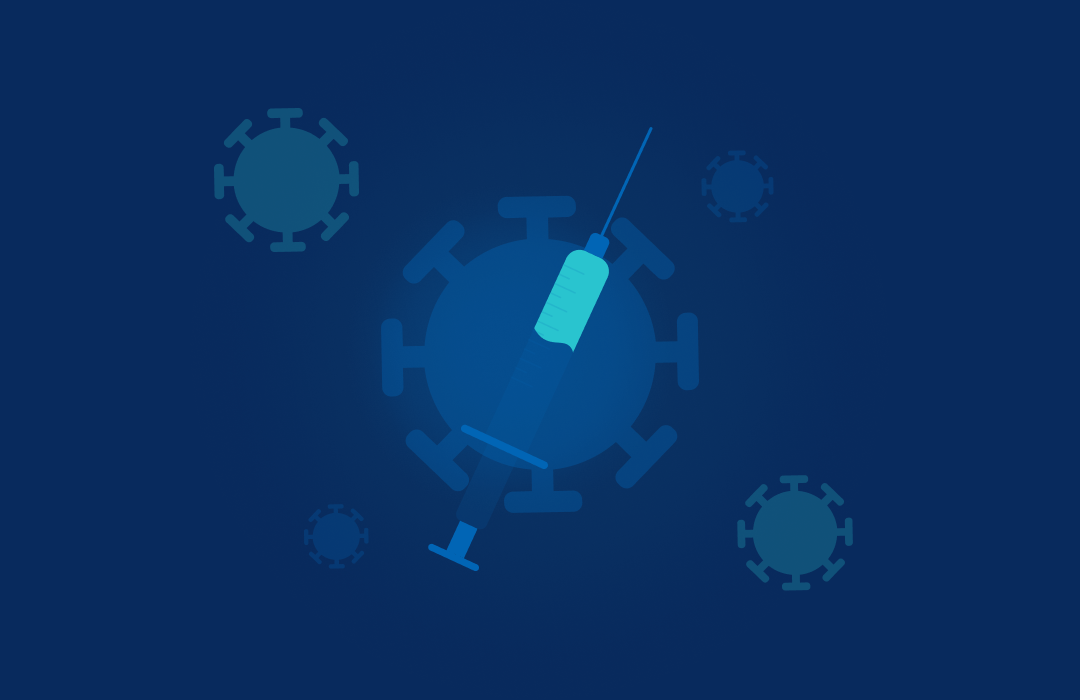
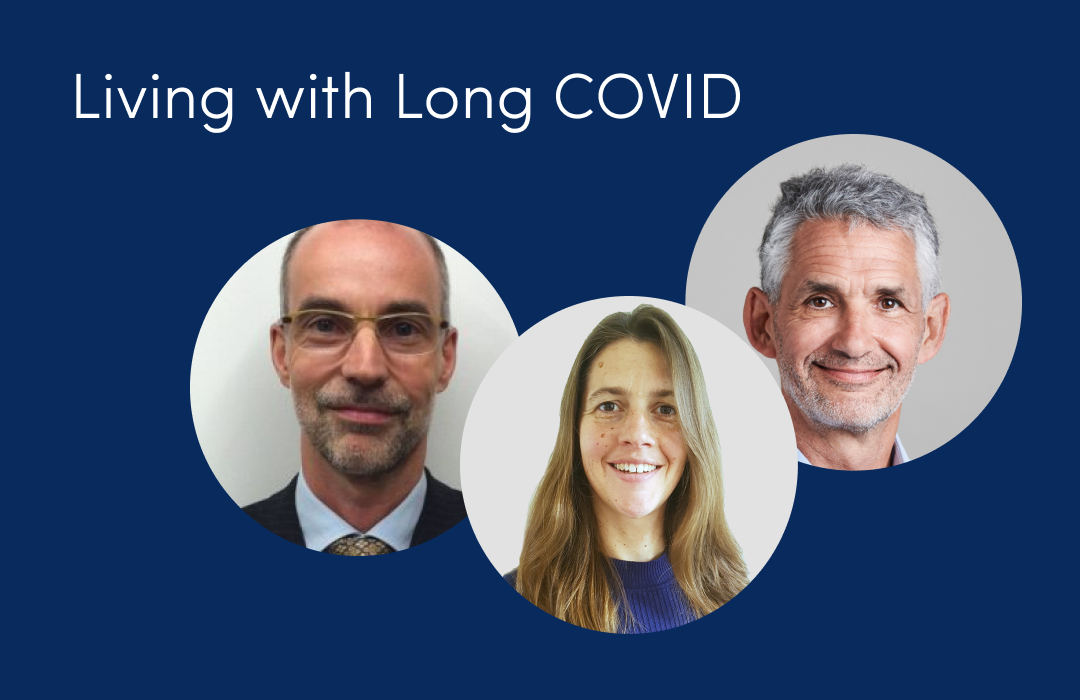



.png)







%202.png)
.png)








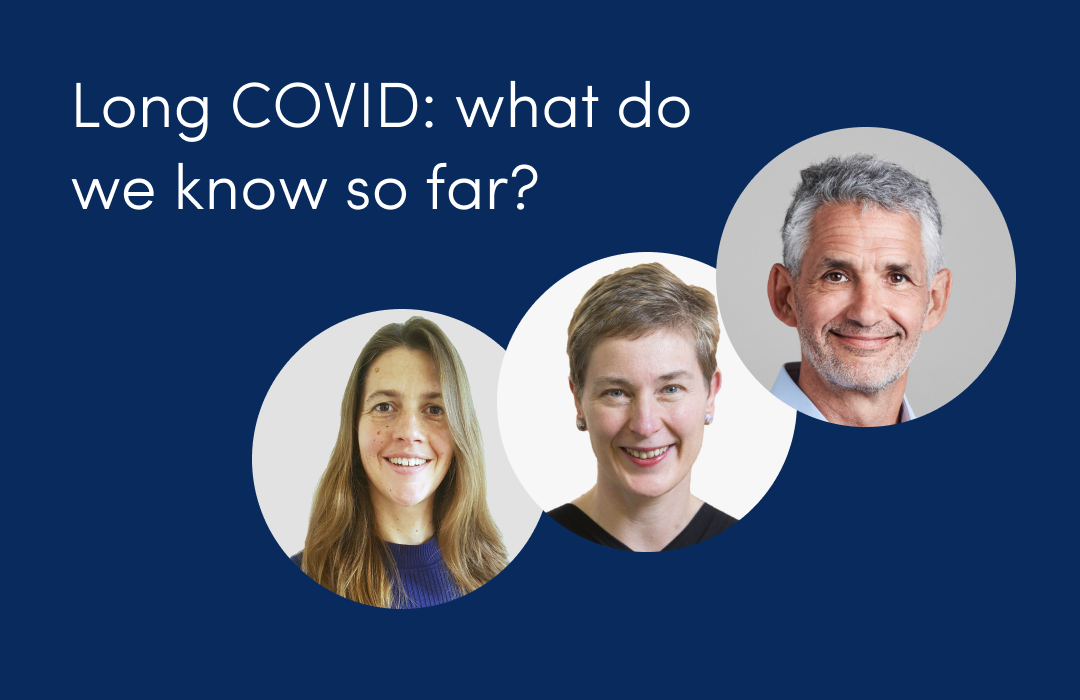









.png)






